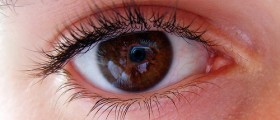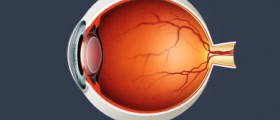
Information on Beta Carotene
Each and every molecule of beta carotene gets converted intonot one but two molecules of vitamin A in the human body. After the process ofconversion these molecules get stored in the liver.
An average supply of vitamin A in the human body can lastfor up to two years of time. Some types of vitamins unfortunately cannot bestored in the human body so they need to be replenished on a daily basis. Betacarotene comes from the group of carotenoids which are actually a type ofpigment. These pigments serve a purpose of absorbing the light in both plantsand animals.
This pigment is in charge of storing the light in the leavesof different plants during the process called photosynthesis.
Beta carotene can be found in abundance in certain types ofplants such as asparagus, tomatoes, apricots, sweet potatoes, broccoli,pumpkins, carrots and kale so it can be easily added to anyone’s daily diet.
Carotenoids increase the range of usable light waves duringthe process of photosynthesis and it helps the plant in reaching for the lightas well..
Benefits
Human body performs numerous conversions through which thebeta carotene gets joined with opsin. Opsin is the red pigment of the eyeretina. Together they create rhodopsin which is mandatory when it comes tonight vision.
Rhodopsin is located in the back of the eye and it is veryimportant for the light recognition in humans. Beta carotene also helpsnumerous different types of enzymes in the catalyst functions.
Besides being helpful with the development of proper nightvision, beta carotene can also come in very handy when it comes to thetreatment and prevention of several different types of eye disorders. It isefficient in promoting the growth of bones and the development of teeth. Betacarotene is also very beneficial in aiding the process of reproduction andmaintaining the overall health of mucous membranes, hair and skin.
Beta carotene has very strong antioxidant properties whichcome in very handy when it comes to building the resistance to numerousdifferent types of infections and removing the harmful free radicals from thehuman body.
It can be applied topically to the skin in order to preventand treat open ulcers, acne, boils and impetigo.
When a person suffers from beta carotene deficiency thesymptoms usually include night blindness, fatigue, inability to create tears,insomnia, changes in the eyes, diarrhea, xeroderma, weakened tooth enamel,weight loss and poor growth of bones. Those who are allergic to vitamin Ashould not take beta carotene.ea, xeroderma, weakenedtooth enamel, weight loss and poor growth of bones. Those who are allergic tovitamin A should not take beta carotene.

















Your thoughts on this
Loading...